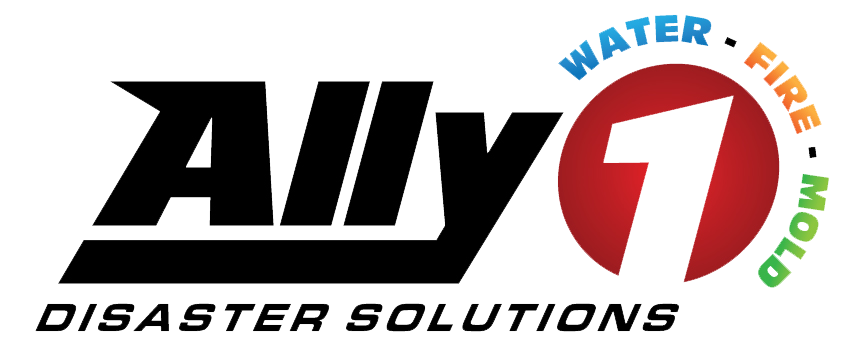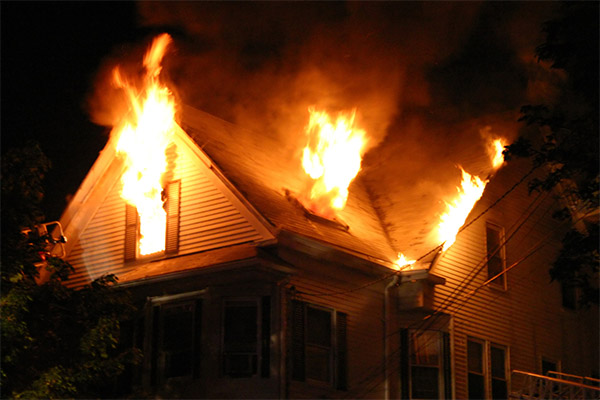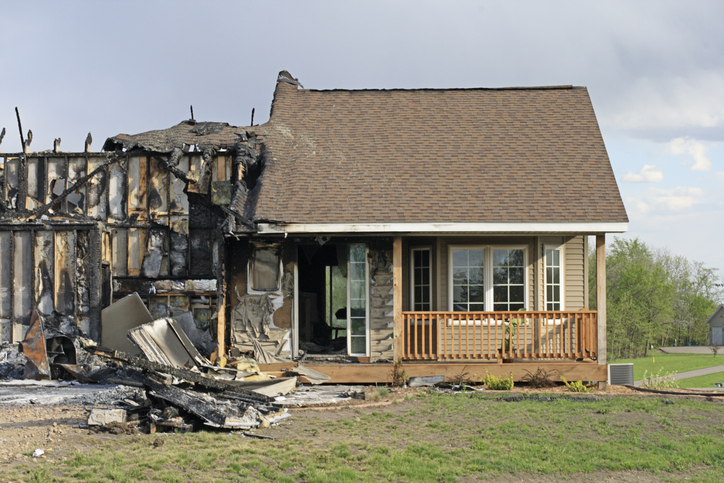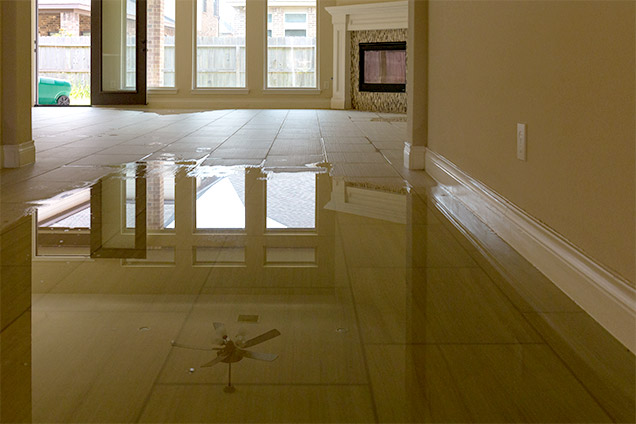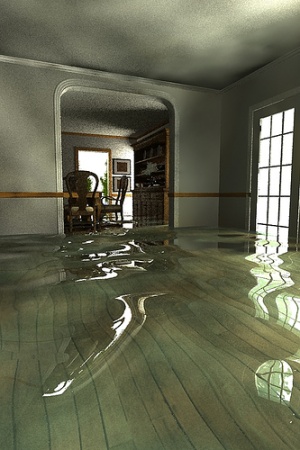 From small appliance leaks to full-on natural disasters, any degree of water damage can jeopardize your health if not handled properly and immediately. Long-term water damage can lead to rapid mold growth, unpleasant odors, and dangerous air quality. To keep the health of you and your family in check, we’ve compiled a list of types of water damage and the health risks they pose.
From small appliance leaks to full-on natural disasters, any degree of water damage can jeopardize your health if not handled properly and immediately. Long-term water damage can lead to rapid mold growth, unpleasant odors, and dangerous air quality. To keep the health of you and your family in check, we’ve compiled a list of types of water damage and the health risks they pose.
High Humidity
When water damage is present, whether severe or mild, indoor spaces often have high levels of humidity. This causes moisture in the air to condense on surfaces in the form of, well, more water. Obviously, water droplets scattered throughout your house isn’t ideal. But usually, these droplets are hidden from sight. They can go unnoticed for weeks or even months behind walls or above ceiling tiles, making the water damage progressively worse.
If you notice condensation in unusual places (really anywhere but the bathroom mirror), then your indoor humidity is likely above the normal, safe range. You should call a professional in the St. George area to find, remediate, and clean the water damaged area. More importantly, calling a professional will allow you to uncover the cause of the damage, helping you prevent further issues.
Appliance Leaks
When a kitchen or bathroom appliance pops a leak, don’t panic! (Thank goodness it’s clean water!) These types of leaks don’t directly affect your health but have the potential to if not taken care of accordingly. When remains of water linger in your home, mold forms. Mold, when breathed or touched can trigger allergies, cause sickness, and invoke nausea. With any incident of water damage, it’s important to act quickly. It may be more convenient to wait until your lunch break or make dinner first, but water has the sneaky ability to find places you didn’t know existed. Call a professional restoration company in St. George to help with cleanup.
Plumbing Problems
When your toilet or your sump pump fails, contaminated water will permeate your home. This water contains bacteria, fungi, and viruses. Hopefully, this water looks and sounds unappealing enough for you to take precautions when near. The high level of dirt and contaminants can cause anything from skin rashes to a stomach bug. When dealing with plumbing problems, it’s important to have the right people on your team. Calling a plumber to quickly fix the broken part is number one. Then, since cleaning up this type of water isn’t exactly attractive, your next step is to call a water damage remediation specialist in the St. George area.
Floodwater
Floodwater or black water is by far the most dangerous kind to have in your home. It can contain raw sewage, chemical waste, and other infectious microbes. The initial contact with the water can cause headaches from the intense fumes and prolonged sicknesses due to the massive amount of contaminants. With very few exceptions, this type of water damage needs to be handled by an experienced professional. In fact, if you’re near floodwater, you shouldn’t be. It is notorious for mold growth. Since most homeowners simply can’t clean up the damage in enough time, mold proliferates in the entirety of the house. Mold spores can haunt a building for years on end, causing asthma, sinus congestion, and sinus irritation.
So What?
It’s much less of a burden to deal with a flood or water damage when you’re prepared. It’s a good idea to have flood insurance and a detailed plan of action if a flood does occur in your area. As always, if you have any water damage restoration needs, call Ally1 Cleaning and Restoration in St. George. Water damage rarely comes at a convenient time, so we offer service 24 hours a day, 7 days a week to come to your aid. Call us if you need any of our services!
